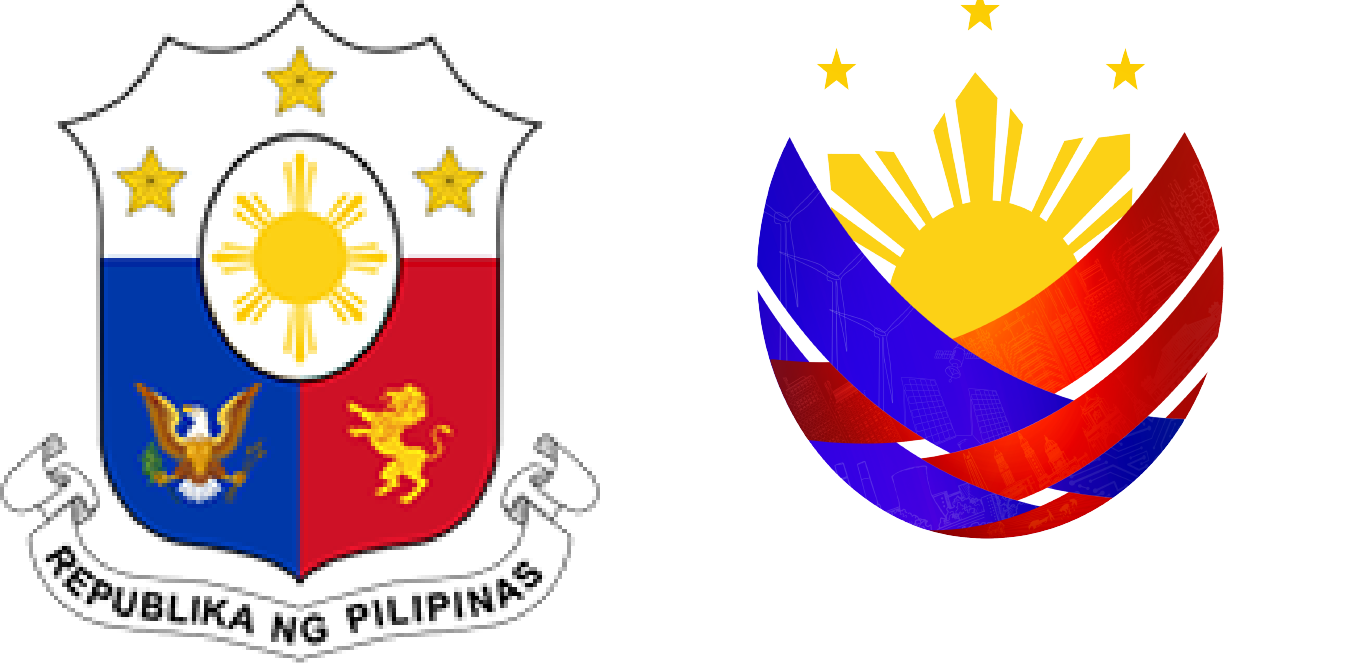PH improves Economic Freedom score
Key policy measures undertaken in the last year led to a significant improvement in Philippine society’s ability to allow its citizens to climb up the socioeconomic ladder on their own merits, a new international report showed.
Heritage Foundation, an American think tank, reported that the Philippines’ “economic freedom” improved in 2015. Of 178 countries, the Philippines moved up to the top half at 76th place—13 notches ahead of last year’s ranking of 89th.
“The Philippines has charted an upward trajectory of economic freedom over the past five years,” according to a statement issued by the Heritage Foundation which, in partnership with the Wall Street Journal, ranks countries based on the ability of citizens to enjoy the fruits of their own labor.
With a score of 62.2 points out of a possible 100, the Philippines for the first time breached the global average of 60.4 points.
Moreover, the Philippines ranked 13th of 42 countries in the Asia-Pacific region this year—an improvement from its regional rank of 17th last year.
The Philippines was among 12 economies that registered an increase of at least 2 points from their scores last year. The 11 others were Israel, Senegal, Haiti, Togo, Sao Tome and Principe, Maldives, Burundi, Egypt, Zimbabwe, Timor Leste, and the Democratic Republic of Congo.
In economically free societies, citizens prosper or flounder in a free market based on their own abilities, regardless of race, ethnicity, gender, class, family connections, or any other factor unrelated to individual merit.
Heritage Foundation measures economic freedom using the following 10 components: property rights, freedom from corruption, fiscal freedom, government spending, business freedom, labor freedom, monetary freedom, trade freedom, investment freedom and financial freedom.
The Philippines posted the biggest gains in the “financial freedom” and “freedom from corruption” components, scoring 60 and 36 points, respectively—up by 10 points and 9.9 points from last year’s figures.
The improvement in these areas was credited largely to the liberalization of the banking sector and the good governance initiatives pushed by the Aquino administration.
“The higher score in financial freedom reflects efforts of the Bangko Sentral ng Pilipinas to bring about a more vibrant financial sector that helps boost—and at the same time enhance inclusivity—of the country’s economic growth,” BSP Governor Amando Tetangco Jr. said.
The country also registered gains in labor freedom component, (up by 8.5 to 58.2 points), and monetary freedom (up by 0.8 to 78.8 points).
The gains in the four components more than offset the losses in the following components: fiscal freedom, 79.1 points (down by 0.1); government spending, 89.3 points (down by 3); business freedom, 55.3 points (down by 4.6); and trade freedom, 75.4 (down by 0.1).
The top five countries that registered the highest scores in economic freedom were Hong Kong (89.6 points), Singapore (89.4), New Zealand (82.1), Australia (81.4) and Switzerland (80.5).
by Paolo G. Montecillo
Inquirer.Net
